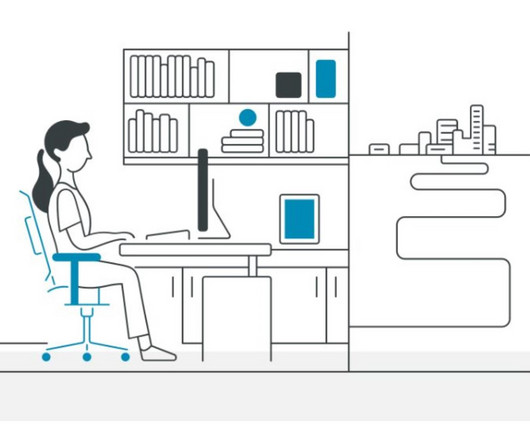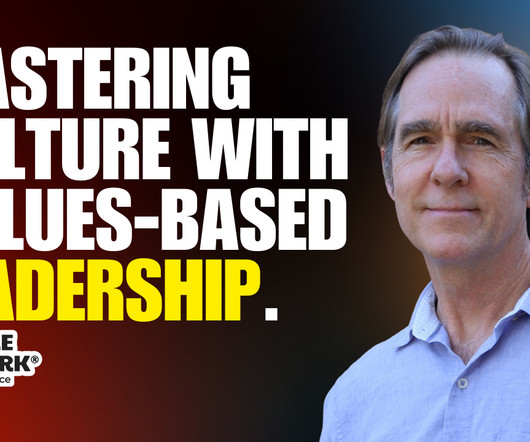Optimizing the Hybrid Work Landscape for Tasks to Do at Home
Allwork
JUNE 9, 2023
A Hubble survey demonstrated that 79% of participants enjoyed the absence of commuting, making it the top-rated advantage of working from home. A Zebra survey revealed that 35% of Americans would willingly accept a salary reduction for a shortened commute. Additionally, commuting incurs significant expenses.












Let's personalize your content